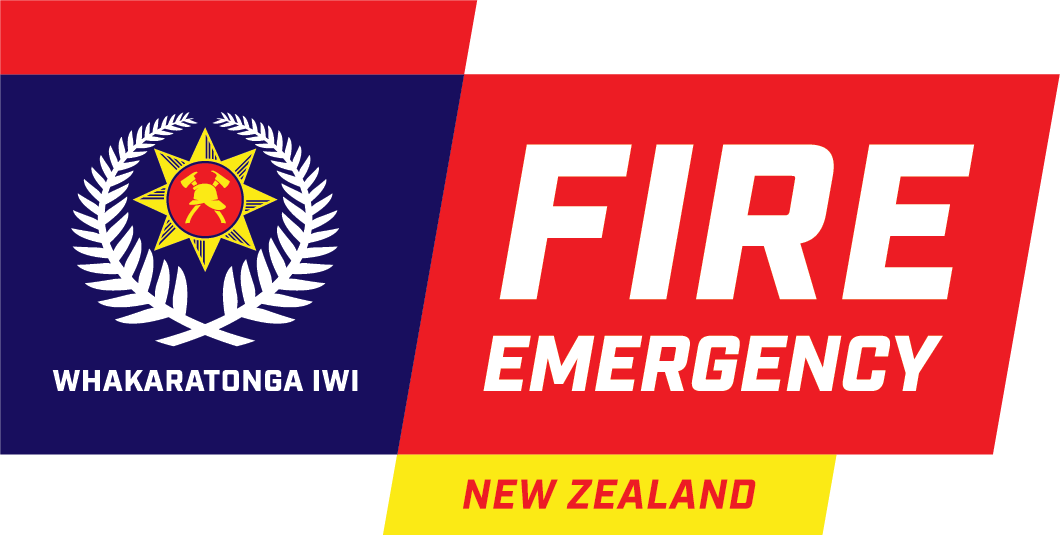2017/2018 Contestable Research Fund
Welcome to the first Research Update for Fire and Emergency New Zealand. In this edition, there is information on the new projects being funded through the 2017/2018 Contestable Research Fund.
The following projects are currently being commissioned:
School Programmes Evaluation, New Zealand Council for Education Research
We promote fire safety education messages to children including through specific programmes for schools and early years’ education. This evaluation will assess whether the programmes are an effective investment in increasing awareness of risk and fire safety and identify where improvements can be made. The project sponsor is Megan Dromgool, Principle Advisor, Fire Risk Management and the project will draw on expertise from the risk reduction, communications and Māori liaison teams.
Fatal Fire Risk Factors, Injury Prevention Unit, Otago University
This project will analyse the detailed information contained in coronial reports to develop a profile of the circumstances surrounding fire fatalities including lifestyle, health, housing and employment demographics. This work may help us identify groups of people at risk and will inform the development of fire risk prevention strategies. The project sponsor is Amy Harpur, Fire Engineer and the project will draw on expertise within risk reduction to ensure usability of the findings.
Improving the accuracy of assessing grass curing, Scion
Advances in technology and science have meant there are now potentially several grass curing assessment tools and methods available which could be of use in New Zealand. This research project will evaluate grass curing assessment methods to identify which are appropriate for the New Zealand context. Improving grass curing accuracy will contribute directly to improve the accuracy of the Fire Weather Indices. These indices are the basis for setting fire danger levels and implementing other fire control measures and will inform public warnings and other reduction activities. The project sponsor is Tim Mitchell, Manager, Rural Fire.
Public injury and fatalities at controlled burns, Scion
Despite the availability of good information to help guide/inform those managing or involved in controlled burns, there are still fatalities and injuries resulting from these activities. Currently there are no formal training or qualifications required by those managing or participating in controlled burns. The purpose of this project is to understand the experience, knowledge and practices of those managing or participating in controlled burns and how this knowledge can be used to introduce safe burning practices and reduce the likelihood of future accidents. The project sponsor is Tim Mitchell, manager, Rural Fire.
Non-fire incidents and resilience, Shore and Whāriki, Massey University
The number of non-fire incidents Fire and Emergency New Zealand responds to - including suicides, heart attacks and respiratory arrests – is increasing. In 2016, there were over 10,000 medical co-response call outs. Currently there is no documented information on the psychological impact of these non-fire incidents on firefighters in New Zealand. This project will increase our understanding of the impacts and contribute to the development of support services as well as training and development activities. The project sponsor is Brian Adams, Manager, People, Safety and Support and the project will draw on expertise from the safety, health and wellbeing, service resilience, training, Māori liaison and operations teams.
After fire impacts on community, Skylight and Allen & Clarke
Our interaction with fire victims typically ends when we roll up our hoses and depart the scene. However, extinguishment is only the start of someone’s recovery from fire. There is significant emotional trauma, practical difficulties and financial and cultural implications that are experienced by victims of fire that are not well understood. The aim of this project is to gain an understanding of the challenges faced by those who experience the effects of fire in their journey of recovery. An understanding of the different impacts of fire, including to psychological, social, financial, practical and cultural will help us design risk reduction activities. The project sponsor is Peter Wilding, Manager Fire Investigation and Arson Reduction.
For more information on these projects see the Research page on the Portal.
